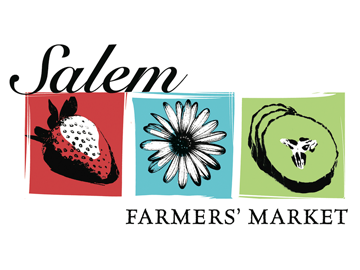What happens when big businesses get to define what is organic? Can they redefine what local means as well? Although for that to happen, we all need to have a similar definition of that, and I am not sure we are close to one.
Just in case you would like to know who the small guys are.
Eden is one of the last remaining independent organic companies of any size, together with the Clif Bar & Company, Amy’s Kitchen, Lundberg Family Farms and a handful of others.
In order to meet the consumer need, we need to change the definition?
“There is a growing need for organic products because the demand is greater than the supply.”
… the board voted 10 to 5 to keep carrageenan on the growing list of nonorganic ingredients that can be used in products with the coveted “certified organic” label.
As corporate membership on the board has increased, so, too, has the number of nonorganic materials approved for organic foods on what is called the National List. At first, the list was largely made up of things like baking soda, which is nonorganic but essential to making things like organic bread. Today, more than 250 nonorganic substances are on the list, up from 77 in 2002.
The board has 15 members, and a two-thirds majority is required to add a substance to the list. More and more, votes on adding substances break down along corporate-independent lines, with one swing vote. Six board members, for instance, voted in favor of adding ammonium nonanoate, a herbicide, to the accepted organic list in December. Those votes came from General Mills, Campbell’s Soup, Organic Valley, Whole Foods Market and Earthbound Farms, which had two votes at the time.
Big Organic lost that round. Had it prevailed, it would have been the first time a herbicide was put on the list.
